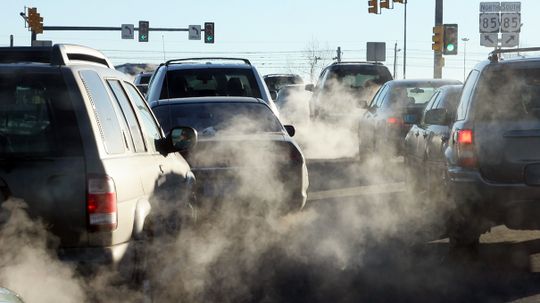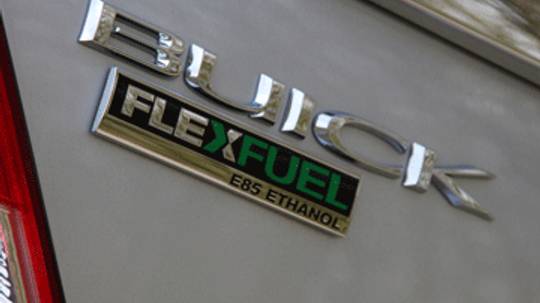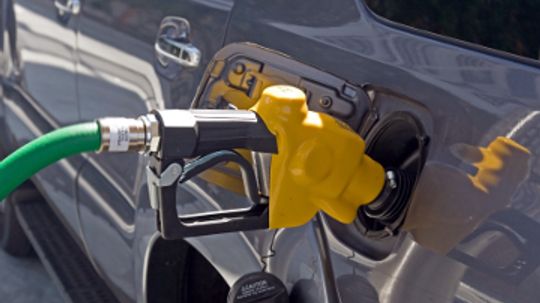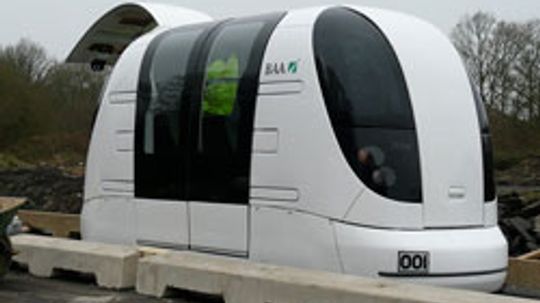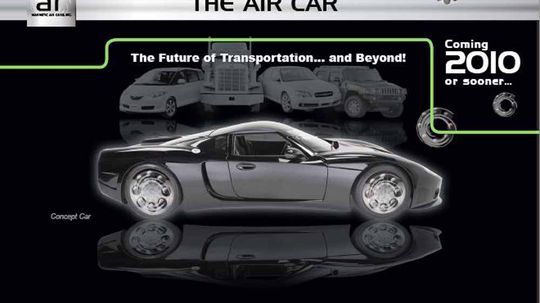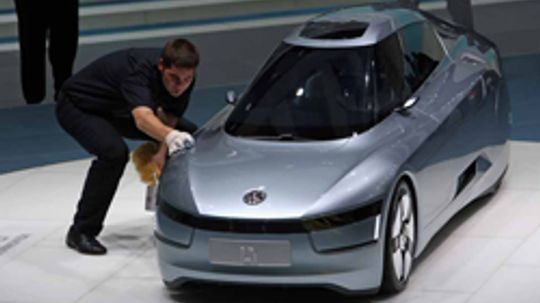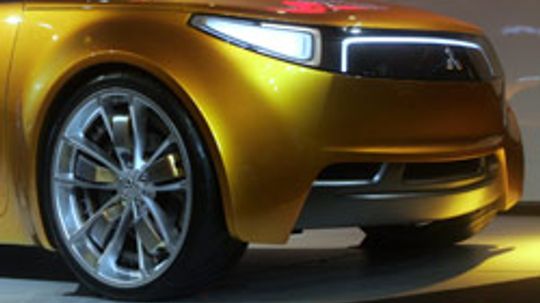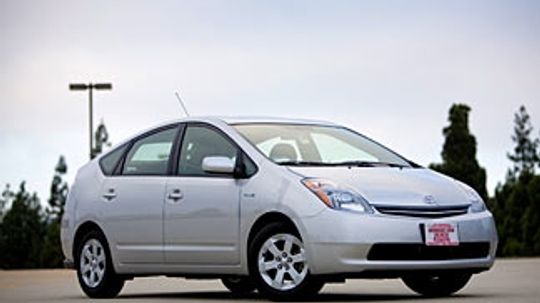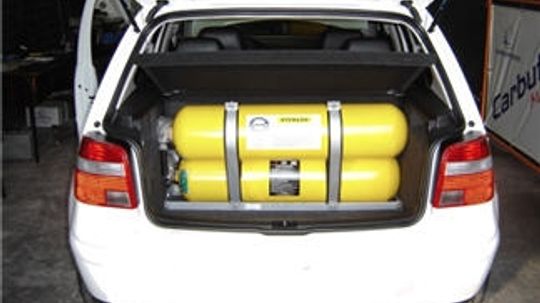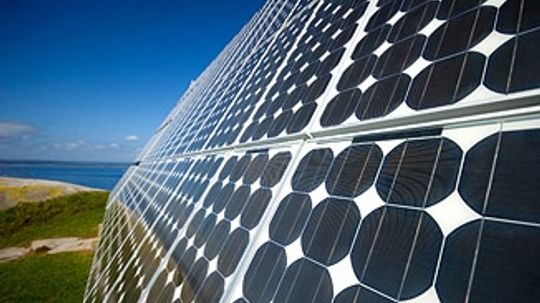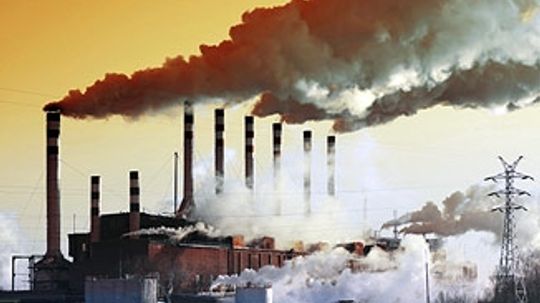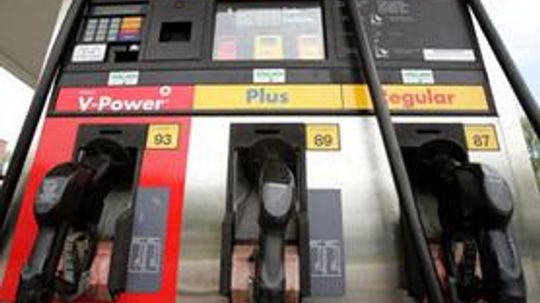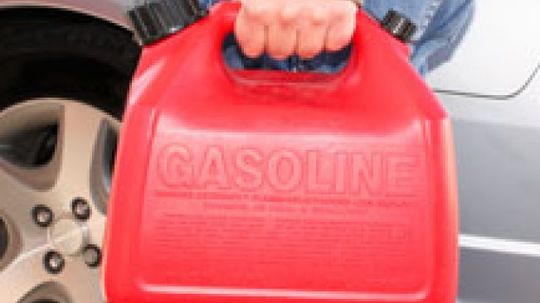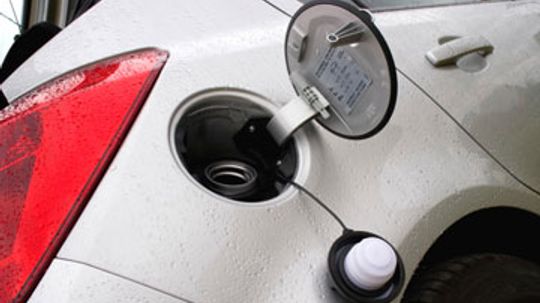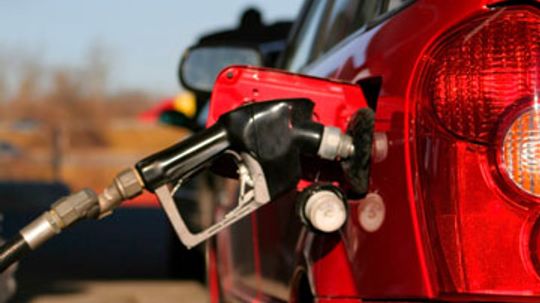Fuel-saving Devices
You may have seen ads for so-called fuel-saving devices that make outrageous claims about their effectiveness. But are there any that actually work? Get the facts about fuel-saving devices in these articles.
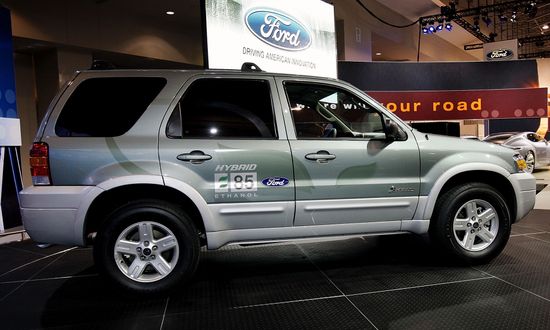
Is Ethanol Bad for Your Car?
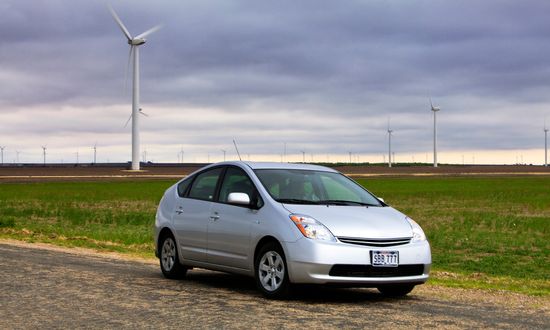
How Carbon-neutral E-fuels Work

How Plant-microbial Fuel Cells Work

Sweet Sorghum: The Sweetest Fuel You'll Ever Taste!

How Algaculture Works

What's the process to convert wine into fuel?
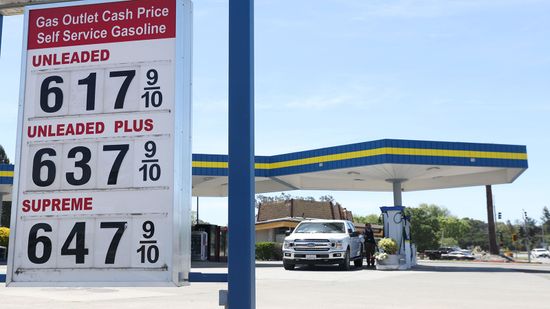
Why Is Gas So Expensive at Certain Times of Year?
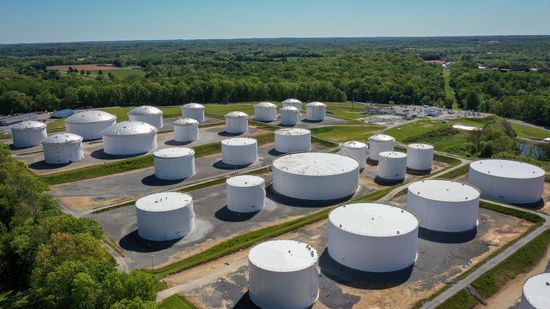
Summer-grade Versus Winter-grade Fuel
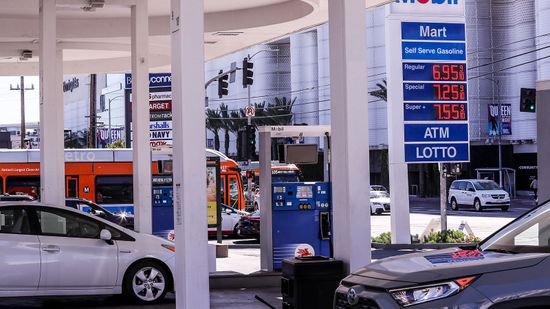
What's the Most Americans Have Ever Paid for Gas?
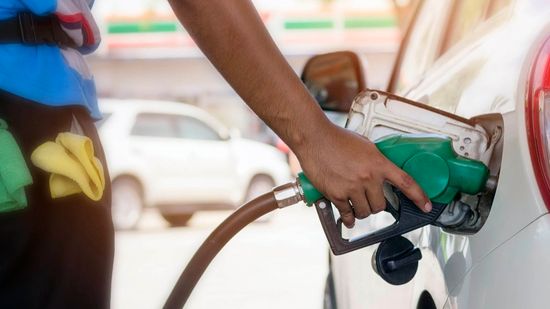
Is It Bad to Drive Without a Gas Cap?
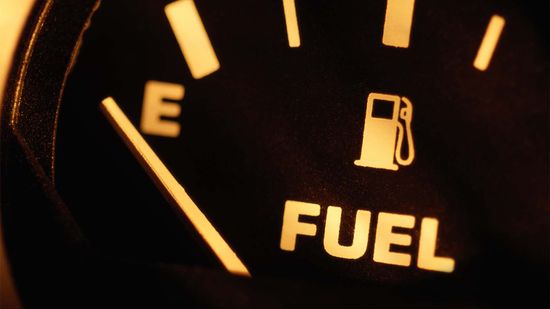
Running on Empty? How Bad Is It for Your Car?
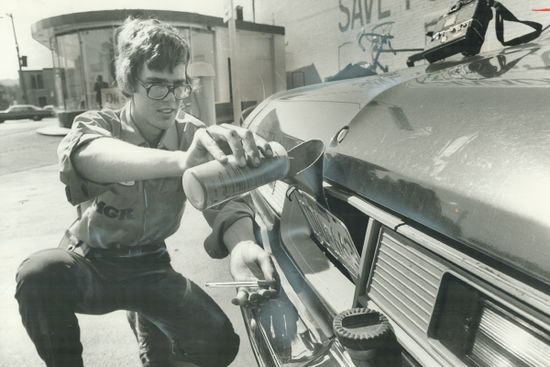
Do fuel additives really do anything?
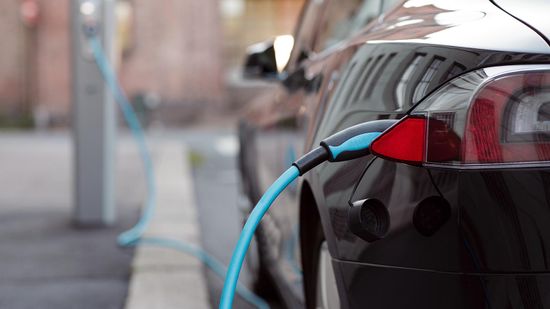
5 Outdated Myths About Buying and Owning Electric Cars
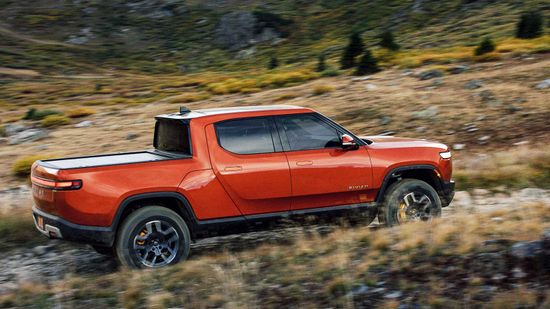
Rivian Aims to Change the EV Industry One Pickup at a Time
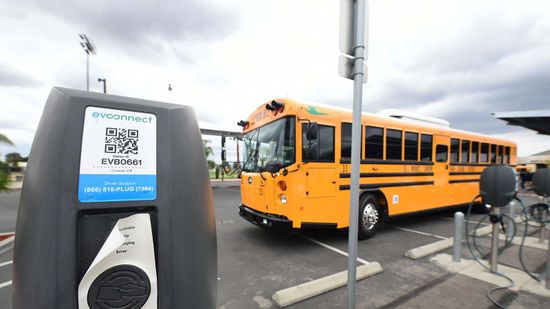
Why You Want Your Kid's School Bus to Be Electric
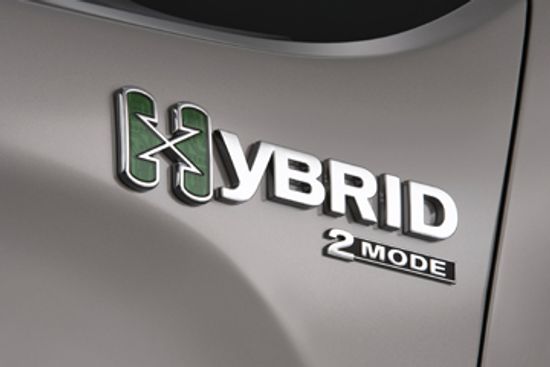
Why would someone want to steal the hybrid badge from my car?
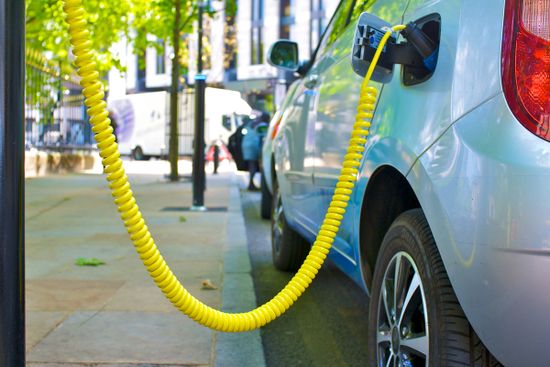
Top 10 Alternative Fuels on the Road Right Now
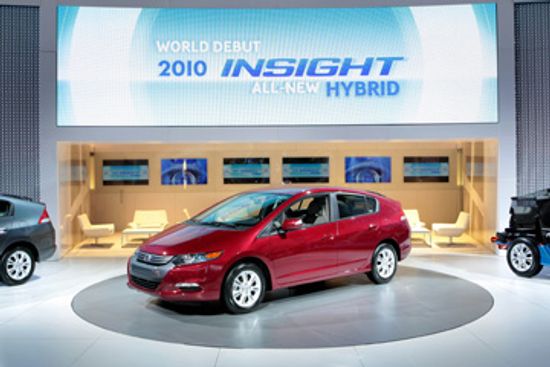
Do hybrid cars get power through kinetics?
Learn More
Does stop-start technology really help with fuel economy?
A flex engine sounds like some sort of futuristic motor, but you'd be surprised how long this technology's been around. Is it greener or more efficient than a gas-guzzling engine? Flex your brain muscle and find out.
Improving mileage is only one part of dealing with rising fuel costs. Some cars can accept gas blended with ethanol. But how does the vehicle adjust to the switch?
Advertisement
Personal rapid transit systems offer a public transportation option that's a bit more comfortable than the average subway or bus. In what ways is a pod car like your own car?
There's a saying about sports cars: They can pass anything on the road -- except a gas station. Here are 10 sports cars that break the stereotypical gas-guzzler image.
Running a car on compressed air isn't exactly a new idea. In fact, the technology dates back to the early 1930s. So what makes Magnetic Air Motors' magnetic air car unique?
They said it couldn't be done: No one could build a car capable of traveling 100 miles or more on a single gallon of gasoline. They were wrong.
Advertisement
By 2025, it's quite possible that the average passenger automobile will be capable of getting more than 50 miles per gallon (21.3 kilometers per liter) - if it runs on conventional fuel at all.
During times of rising gas prices, which seems to be all the time, vehicle owners are on the lookout for a well-priced product that can save them a few dollars in the long run.
By 2025, the Obama administration would like to see the average vehicle rated at 54.5 mpg, or 37 mpg on a window sticker. Considering that the industry has made just over 2 percent gains a year since 2007, this is no small feat.
To make natural gas a viable fuel for vehicles, it must be compressed. This allows more fuel to be stored per volume, among other things. How much do you know about natural gas?
Advertisement
Anyone who's seen the famous, grainy footage of the Hindenburg disaster is familiar with the idea that hydrogen ignites easily. Burning unlocks stored energy, making hydrogen useful as a fuel.
By Josh Clark
Natural gas generators, as the name suggests, use natural gas -- which includes the propane used for backyard grills or the methane that utilities supply through underground lines -- to generate electricity.
Instead of burning fuel like conventional engines, hydrogen fuel cells work through an electrochemical process. To produce electricity, hydrogen atoms are ionized on one side of an electrolyte membrane. How much do you know about hydrogen fuel cells?
Why fuel additives won't improve performance and gas mileage. Learn why fuel additive won't improve proformance and gas mileage in this article.
Advertisement
For as long as we've complained about gas prices, there's been an army of inventors offering devices to stretch our mileage further. But which ones work and which are hoaxes?
Mileage-boosting gadgets have been around for years, and they seem to make a comeback every time gas prices spike. But do any of them actually work?
Fuel prices are on the rise, and with gas getting so costly, those fill-ups are no trivial expense. What can you do to help your vehicle save fuel?
